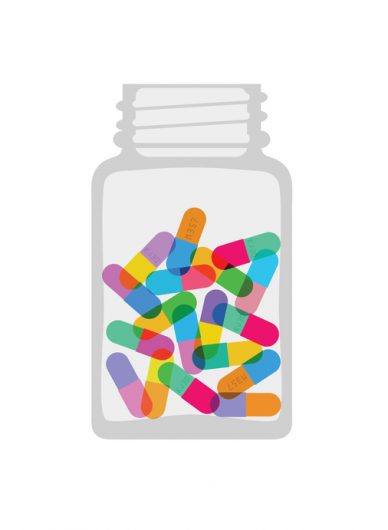If you could decide when to have a toothache, your logical choice would be never. But unfortunately toothaches don’t only come around when you’re ready for them. Tooth pain can leave you with debilitating pain at the most unexpected times. You should, of course, call your dentist and book an appointment as soon as possible, but in the meantime, living with the pain for even a day might not seem like an option to you.
Finding Reliable Toothache Home Remedies
When trying to research home remedies for a toothache, there’s a good chance you’ll come across advice recommending you apply anything from pepper pastes to bourbon on the sore tooth. But in reality, pepper paste and bourbon don’t work very well for a toothache.
Unfortunately there are many ineffective ideas about how you can treat a toothache at home. So many, in fact, that it’s barely worth listing them all. A better option is to find the most reliable home remedies for treating toothaches and to stick to those.
How to Treat Your Toothache At Home
When treating a toothache at home, you don’t need to get creative. There are simple things you can do that work effectively in most cases.
Salt Water Mouthwash
 Using a salt water mouthwash won’t always relieve the pain, but it will control bacterial growth in your mouth, which helps to keep infections at bay. To make a salt water mouthwash, simply dissolve half a teaspoon of salt into approximately 8 ounces of water. You can use a salt water mouthwash as often as you like, but you should aim to use it at least twice daily or after every meal.
Using a salt water mouthwash won’t always relieve the pain, but it will control bacterial growth in your mouth, which helps to keep infections at bay. To make a salt water mouthwash, simply dissolve half a teaspoon of salt into approximately 8 ounces of water. You can use a salt water mouthwash as often as you like, but you should aim to use it at least twice daily or after every meal.
Ice Packs
Hold an ice pack to your cheek on the side where you’re feeling pain. This helps to to reduce inflammation, which is particularly helpful if you have an abscess, but it can also have a pain numbing effect. If cold no longer feels comfortable, you may exchange your cold pack for some heat.
Clove Oil
Not everyone approves of using clove oil for toothaches, it tastes bad and d
oesn’t offer very long lasting relief. However, it could help to relieve pain when the effects of your painkillers wear off and you’re not allowed to take them again for another hour or two.
Over-The-Counter Pain Relievers
Over-the-counter pain relievers are one of the best ways to numb toothaches. You can use any over-the-counter pain relievers of your choice, like acetaminophen, ibuprofen or aspirin. Just remember to use pain relievers according to the instructions given. Avoid using more than the recommended dosage, even if you feel like you need a higher dosage.
When to Make A Dental Appointment
If you’ve been experiencing tooth pain for two days or more, it’s definitely time to call your dentist. Tooth pain from normal tooth sensitivity isn’t usually intense enough to warrant the use of painkillers, especially not for long periods at a time.
Tooth pain that’s severe enough to keep you away from work or school is also a sign that you need to see your dentist as soon as possible. How long you’re willing to deal with severe tooth pain is up to you, however, but you preferably shouldn’t have to wait more than a day to see your dentist.
If your regular dentist is unable to help you soon enough, see if you can find an emergency dentist to help you fix the problem. Your pain will persist (possibly even worsening in intensity) until your dentist fixes the underlying problem. So it’s understandable that you can’t to wait too long for an appointment.
While you wait, it’s best to stick to basic home remedies for your toothache. Keeping your mouth clean and using pain relievers is the best thing you can do to control infections while numbing the pain. You can’t permanently treat your tooth pain at home, so it’s best to avoid using different methods in the hopes that you can sure a toothache by yourself, especially seeing as some methods can potentially do more harm than good.
https://www.webmd.com/oral-health/home-remedies-toothache#1
https://www.colgate.com/en-us/oral-health/conditions/cavities/four-homemade-toothache-remedies-1116





